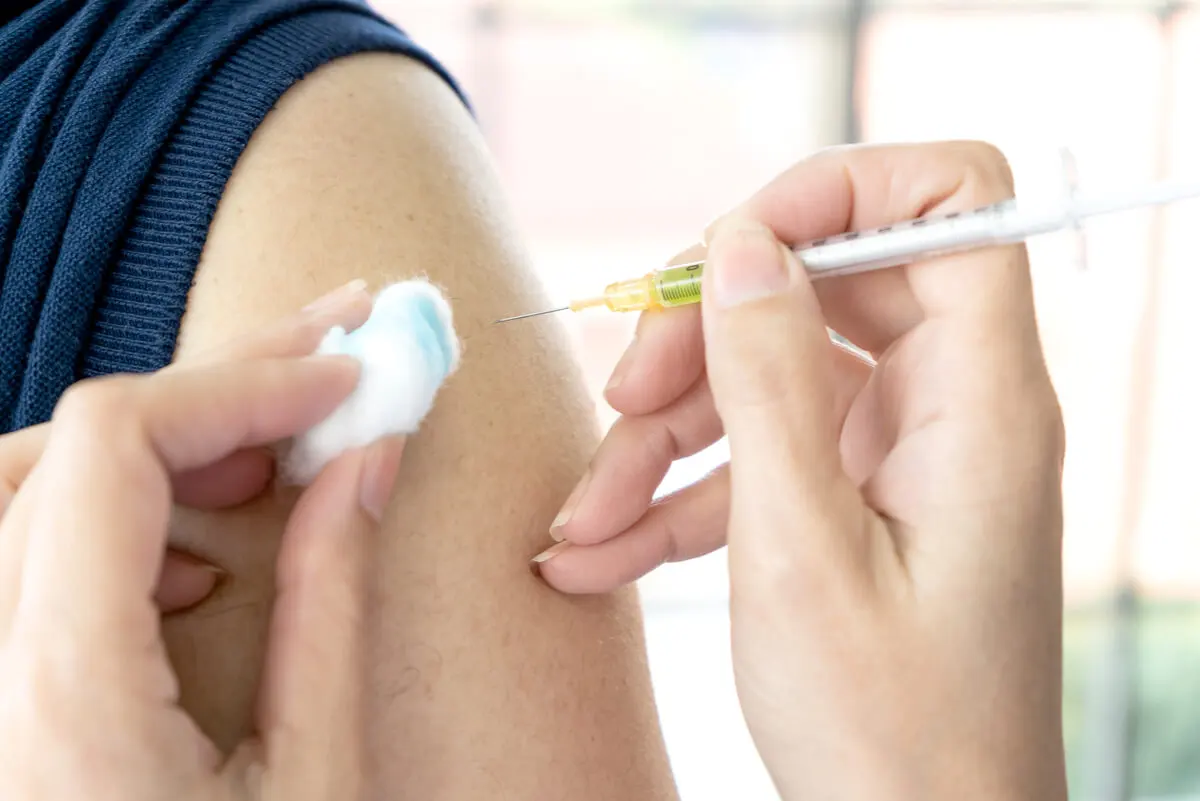Mpox: Why Did WHO Change the Name of Monkeypox?


Written and verified by the doctor Leonardo Biolatto
The World Health Organization (WHO) has officially announced that the new name for monkeypox is mpox. After long deliberations to obtain a new name without stigma, the verdict of the experts is in.
Non-governmental organizations, some states, and activists from the African and LGBT communities had requested a renaming of the pathology. The previous name was associated with labels that could signify discrimination and a biased view of the natural history of this disease.
WHO guidelines for naming diseases only appeared in 2015 – several decades after the discovery of the monkeypox virus. Therefore, this update was necessary.
The history of disease renaming
When giving a virus or pathology a title, WHO suggests considering susceptibilities. In other words, try not to choose titles that could affect an ethnic group, a nation, an economic activity, etc.
In this sense, mpox would be a prudent change so that “monkeypox” isn’t only associated with Africa. It’s possible that the old name would have increased discrimination towards natives of African peoples, accusing them of being guilty of the spread of the disease.
It was in June 2022 that the expert consultation to obtain the new name was initiated. This consultation came about as an initiative of the expert group itself and not as a directive from a governmental body.
In a publication in PLoS Biology, an extensive list of professionals from different areas specified that there was a problem with the name of the disease. They even suggested that the classification of the causal virus itself should be changed, opting for acronyms and numbers. Something similar to the paradigmatic example of SARS-CoV-2.
In the context of the current global outbreak, the continued reference and nomenclature that this virus is African is not only inaccurate, but also discriminatory and stigmatizing.

The WHO statement
The World Health Organization agreed with the scientists’ proposal. Members and officials of the body also reminded us that, since 2015, it has been trying not to make references to specific locations in disease names.
As a result, the November 28th edition of the WHO newsletter finally clarified the change from monkeypox to mpox with the following characteristics:
- Mpox will be the routine designation in English. As these are readable acronyms, it will work for most other languages.
- The term monkeypox in English and other languages will continue to be used for a term of 1 year. This is to avoid confusion in the general population.
- Mpox will be added to the official WHO list of pathologies known as the International Classification of Diseases or ICD. For now, it will be synonymous, but when the next version of the ICD is released, which is number 11, only mpox will appear as an option.
Read more here: Monkeypox: Causes, Symptoms, Diagnosis and Treatment
Why was it necessary to change the name of monkeypox?
The new name of mpox for monkeypox is part of an international attempt to avoid stigmas associated with diseases. It’s also intended to improve public acceptance of the vaccines being developed for this virus.
Although the WHO is responsible for naming diseases, viruses are named by the International Committee for the Taxonomy of Viruses. In fact, this organization had been working for months on the reclassification of the virus family to which mpox belongs.
The process of renaming was accelerated when the most accelerated transmission of the virus in the world began. At the beginning of May 2022, there were no officially reported cases. However, on August 12, 2022, a peak in infection was reached: 1075 cases were confirmed on the same day.
As patients were no longer exclusive to Africa and viral circulation was detected in Europe and the Americas, alerts were raised. Currently, Brazil and North America have the highest number of infections in this outbreak.
Although it isn’t possible to speak of a pandemic, more intense preventive measures are required.

The new name in the vaccination plan
One of the reasons for changing the name from monkeypox to mpox was vaccination. The United States is initiating a national immunization campaign for the general population with the JYNNEOS® vaccine, approved by the Food and Drug Administration (FDA) for emergency use with lower doses. This strategy facilitates the distribution of the vials, since there would be more availability by using fewer milliliters with each person.
In Europe, the vaccination plan follows the guidelines of the European Medicines Agency (EMA) and in many countries will focus on people under 45 years of age who have high-risk sexual practices that could increase contagion. These people are given a pre-exposure dose. In the meantime, post-exposure doses are reserved for those who are close contacts of people with a confirmed case.
The name mpox would be an aid to global immunization campaigns. The new name could facilitate access and reduce the population’s rejection of the doses offered.
Check out this article: The Rubella Vaccine: Everything You Need to Know
How will the mpox outbreak continue?
The outbreak, which began in May 2022 and is still ongoing around the world, could decline thanks to vaccination. The infection curve may be declining, but the marked differences between countries indicate the need for a more equitable immunization plan.
The name change from monkeypox to mpox is intended to increase vaccine accessibility. It would also reduce the association with stigma and discrimination in the context of the epidemic.
With the previous experience of the coronavirus pandemic, this situation seems to be being faced with more tools and resources. Organizations are responding faster and approval of treatments wasn’t long in coming.
All cited sources were thoroughly reviewed by our team to ensure their quality, reliability, currency, and validity. The bibliography of this article was considered reliable and of academic or scientific accuracy.
- Happi, Christian, et al. “Urgent need for a non-discriminatory and non-stigmatizing nomenclature for monkeypox virus.” PLoS biology 20.8 (2022): e3001769.
- Luo, Qin, and Jun Han. “Preparedness for a monkeypox outbreak.” Infectious Medicine (2022).
- World Health Organization. Annexes to the Vaccines and immunization for monkeypox interim guidance: grading of evidence: evidence to recommendation tables, 16 November 2022. No. WHO/MPX/Immunization/Annexes/2022.3. World Health Organization, 2022.
- WHO. World Health Organization best practices for the naming of new human infectious diseases. 2015. Disponible en: https://www.who.int/publications/i/item/WHO-HSE-FOS-15.1
- WHO. WHO recommends new name for monkeypox disease. 2022. Disponible en: https://www.who.int/news/item/28-11-2022-who-recommends-new-name-for-monkeypox-disease
- WHO. Annexes to the Vaccines and immunization for monkeypox interim guidance. 2022. Disponible en: https://apps.who.int/iris/bitstream/handle/10665/364529/WHO-MPX-Immunization-Annexes-2022.3-eng.pdf?sequence=1
- European Medicines Agency. Mpox (monkeypox). 2022. Disponible en: https://www.ema.europa.eu/en/human-regulatory/overview/public-health-threats/mpox-monkeypox
This text is provided for informational purposes only and does not replace consultation with a professional. If in doubt, consult your specialist.








